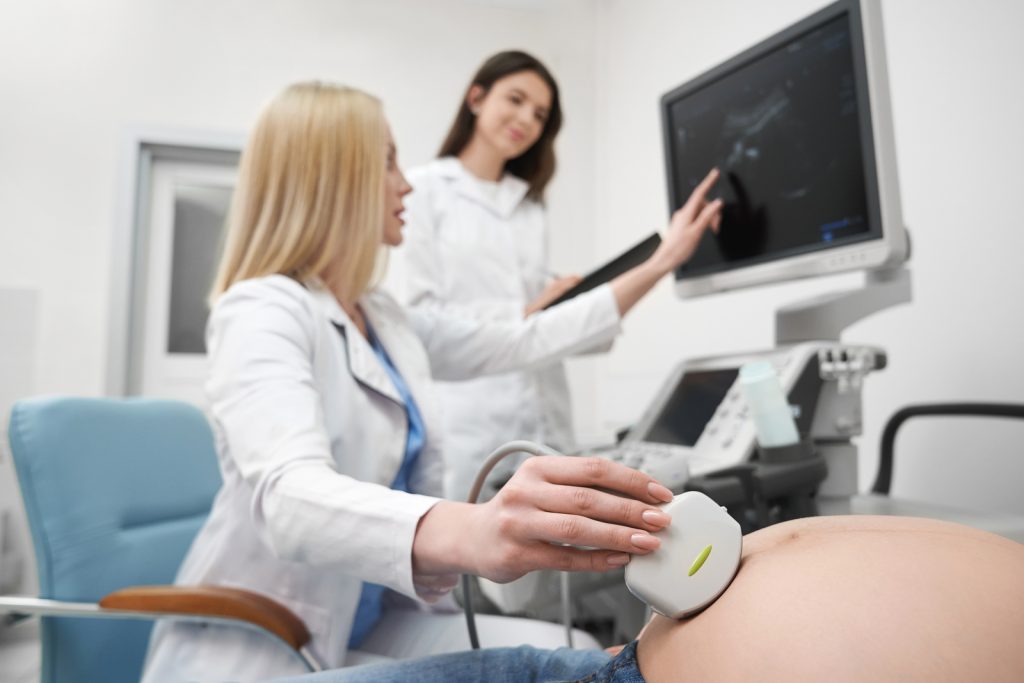Expectant mothers may be able to monitor the health of their unborn children even more closely with the help of non-invasive tests developed by Thermo Fisher Scientific together with NX Prenatal.
The two organisations have partnered up to develop proteomics assays, utilising both of their impressive medical technology, to be able to determine whether there will any pregnancy or foetal health concerns, Medical Device Network reported.
Thermo Fisher Scientific will use its liquid chromatography-mass spectrometry (LC-MS) equipment, while the molecular diagnostics company NX Prenatal will make the most of its technology that can enhance maternal blood samples for microparticles. This will maintain balances between the mother and baby during gestation, and any abnormalities discovered will lead to the detection of conditions such as pre-eclampsia and preterm labour.
Clinical research, chromatography and mass spectrometry senior director Brad Hart at Thermo Fisher Scientific was reported by the news provider as saying: ““Our collaboration with NX Prenatal is aiming to enable us to better evaluate maternal and foetal biomarkers during pregnancy that correlate with adverse outcomes such as preterm birth.”
The assays produced by the analysis of exosome-derived proteomic biomarkers will provide more information about the health of both the mother and the unborn baby. This will help medical professionals make more informed diagnoses of their conditions.
Brian Broham, chief executive officer of NX Prenatal, added the use of NeXosome’s platform with Thermo Fisher Scientific’s leading analytical technology will help achieve the goal of “optimising clinical mass spectrometry-based workflows”. This will improve diagnoses and make them far more precise.
This follows NX Prenatal’s recent publication in the American Journal of Obstetrics & Gynecology regarding the validation of first-trimester preterm birth risk biomarkers.
The Circulating Microparticle Proteins Obtained in the Late First Trimester Predict Spontaneous Preterm Birth at Less Than 35 Weeks Gestation: A Panel Validation with Specific Characterization by Parity report looked at blood samples of 261 pregnant women in their first trimester. It wanted to understand whether these could determine the risk of preterm delivery, particularly the difference between first-time mothers and those who had already given birth.
Dr Thomas McElrath of Brigham & Women’s Hospital, where the research was led, and principal investigator of the study said: “Currently, there are no first trimester, early warning tests for the risk of spontaneous preterm birth. Effectively utilised biomark signatures such as this could lead to a new era of personalised medicine in pregnancy.”
He went on to say this would be particularly useful information to medical professionals as doctors find it difficult to risk-assess first-time mums as they have no prior history of pregnancy to look at.
Examining whether a woman is at risk of an early labour could be very beneficial, as preterm birth is the number one cause of neonatal mortality, as well as chronic childhood medical conditions in the US.
For medical calibration services to help launch new healthcare technology, get in touch with us today.

